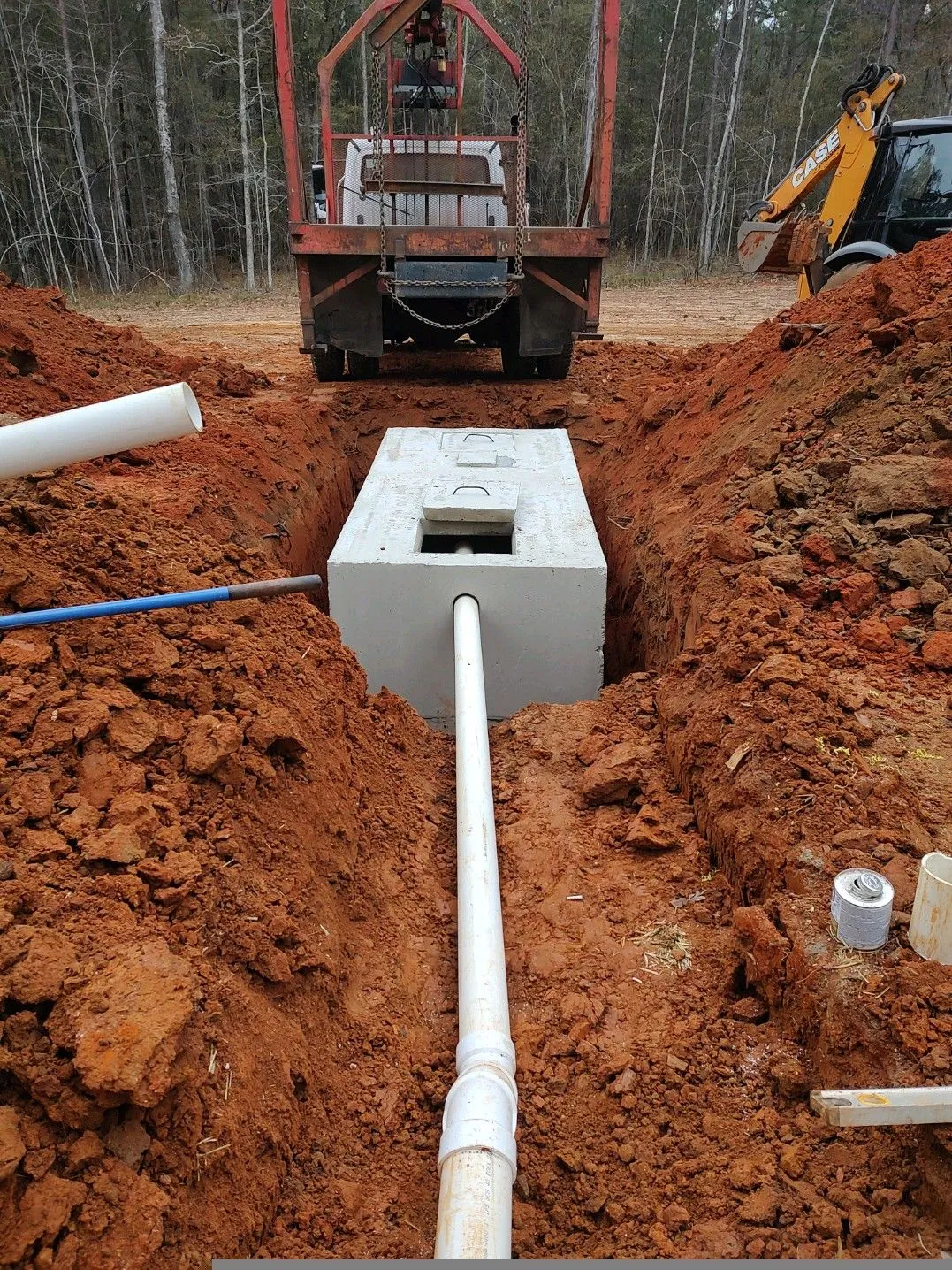
Preventative Measures: Protecting Your Septic System from Environmental Threats Oct 05, 2025
Septic systems are impacted by a variety of environmental factors. Heavy rains, for instance, can saturate the ground and disrupt your drain field’s ability to effectively filter wastewater. Similarly, improper disposal of household waste can introduce harmful substances into your septic system, leading to clogs or reduced efficiency. Being aware of these threats is the first step towards prevention.
Regular maintenance and inspections play a critical role in preempting any septic system issues. Scheduling routine inspections with South Georgia Septic should be prioritized to catch problems early, before they escalate. Such inspections can identify potential blockages, leaks, or inefficiencies, allowing for timely interventions. Remember, a well-maintained septic system not only protects the environment but also enhances the longevity of your system.
Water conservation is another vital preventative measure. Overloading your septic system with excessive water can lead to premature wear and tear. Simple changes, like fixing leaks, installing water-saving toilets and showerheads, and spreading out laundry loads, can significantly reduce water use. By keeping water usage in check, you enhance your septic system’s ability to treat and disperse waste effectively.
The proper disposal of waste cannot be overstated. Your septic system is designed to break down organic material; however, it cannot handle chemicals, plastics, or non-biodegradable materials. Avoid flushing items like sanitary napkins, paper towels, and grease, as these can cause clogs and system failure. Consider environmentally-friendly cleaning products to minimize chemical interference with the natural bacteria necessary for breaking down waste in your septic tank.
Landscaping around your septic system also requires attention. Tree roots, in particular, can invade and damage septic components if planted too close. When planning any gardening or landscaping projects, ensure that trees and shrubs are placed a safe distance from your septic tank and drain field. Consulting with South Georgia Septic for guidance on safe planting zones can prevent future issues.
Stormwater management is crucial in areas prone to heavy rainfall. Implementing proper drainage solutions can prevent excess rainwater from overwhelming your septic system. This might involve the installation of gutters and downspouts that direct water away from your drain field, or the use of permeable materials for driveways and walkways to reduce runoff.
Your septic system’s health is vital not only to your property but also to the surrounding environment. By following these preventative measures, you not only safeguard your investment but also contribute to environmental protection. Keep in touch with the experts at South Georgia Septic for professional advice and services tailored to your system’s needs. Remember, an ounce of prevention is worth a pound of cure when it comes to maintaining a healthy septic system. Protect your system today to ensure its efficiency and reliability for the future.
/filters:no_upscale()/media/9ea110d9-8e86-4c63-8848-b19e6ea2c83a.jpg)